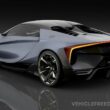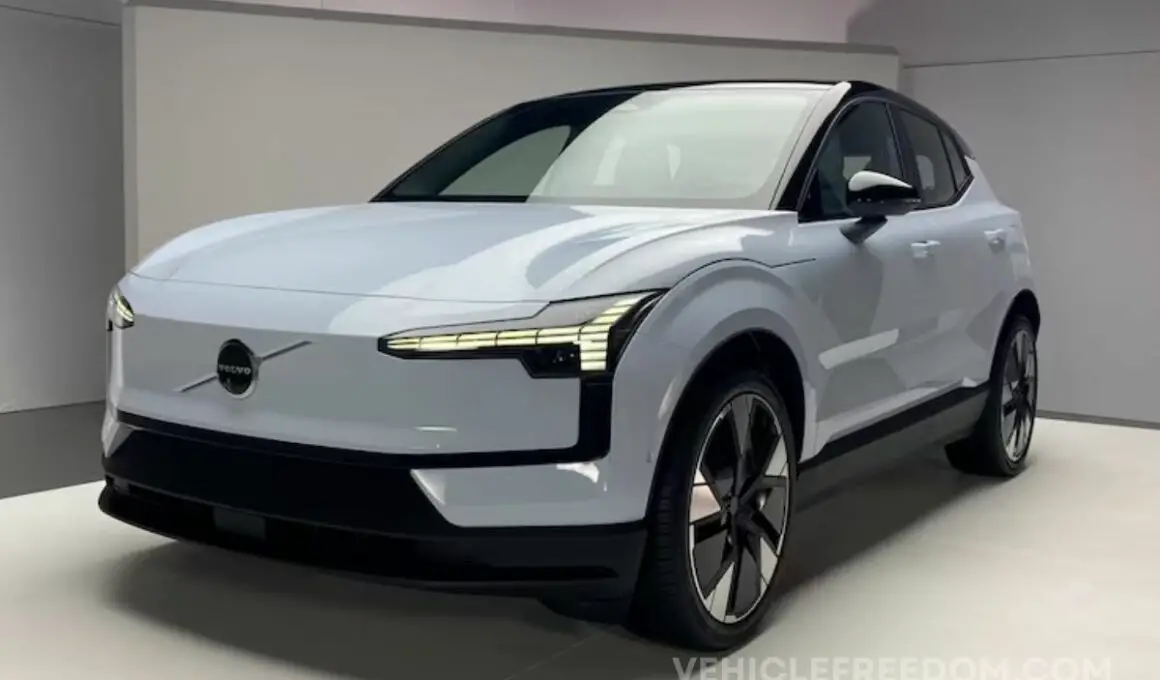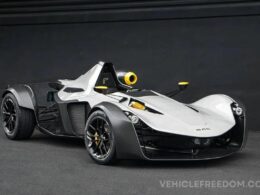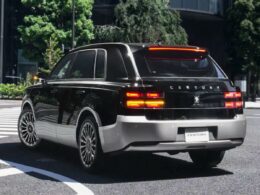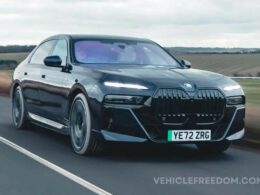In This Article Show
Key Takeaways
- Volvo announces the discontinuation of all diesel-powered passenger cars by 2024.
- The decision follows Volvo’s 2022 commitment to cease development of new combustion engines.
- The move signifies a shift towards an electric future, impacting Volvo’s global product line.
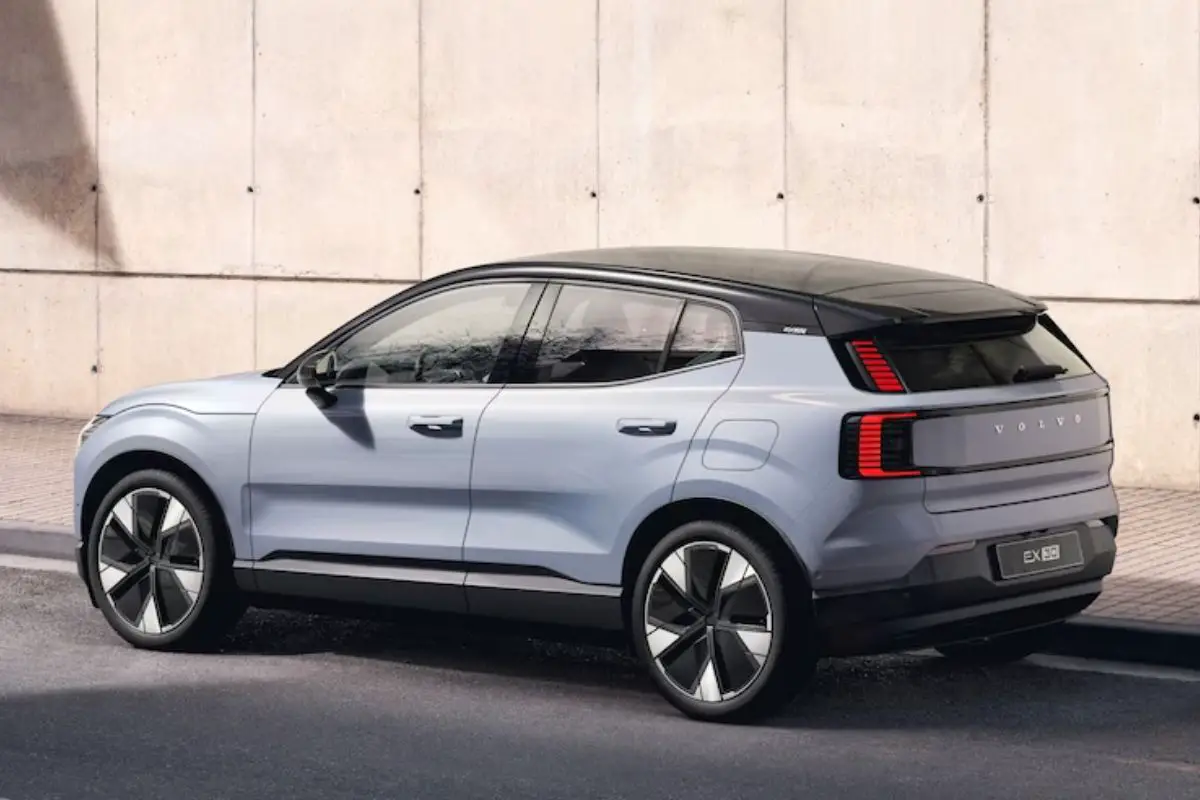
During the recent Climate Week NYC, Volvo Cars made a groundbreaking announcement that is set to change the course of automotive history. The Swedish automaker declared that it will cease the production of all diesel-powered passenger cars by the year 2024.
“In a few months from now, the last diesel-powered Volvo car will have been built,” stated Volvo in an official release. This decision is a follow-up to Volvo’s 2022 resolution to halt the development of new combustion engines, marking a significant shift in the company’s strategic direction.
The End of an Era
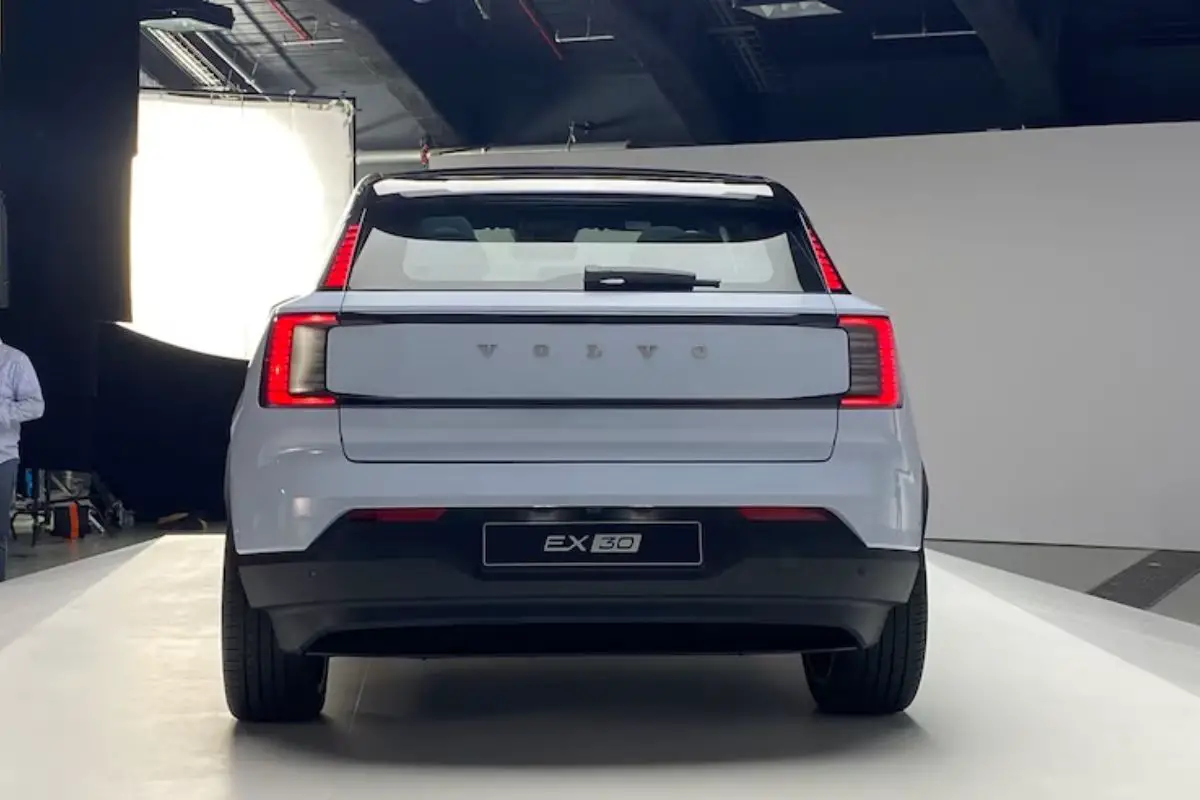
Volvo’s decision to discontinue diesel engines is monumental, considering the company’s long-standing history with diesel vehicles. Dating back to the 1940s, Volvo produced its first diesel truck and has since been a significant player in the diesel market.
However, the automaker is now fully committed to an electric future. “Electric powertrains are our future, and superior to combustion engines: they generate less noise, less vibration, less servicing costs for our customers, and zero tailpipe emissions,” said Jim Rowan, Chief Executive at Volvo Cars.
The Global Impact and What Lies Ahead
While Volvo doesn’t currently sell any diesel passenger cars in the United States, this decision will have a ripple effect on its global offerings. It’s worth noting that diesel-powered cars were once Volvo’s “bread and butter” in the European market.
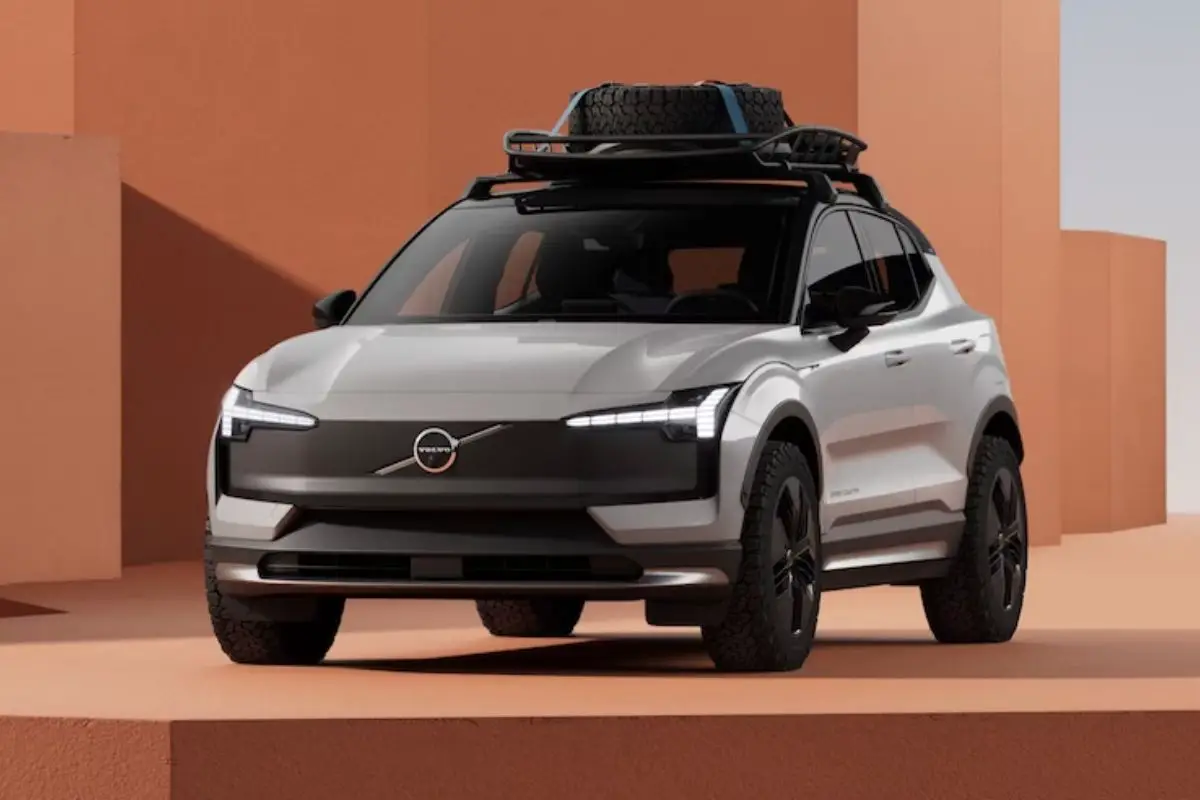
Therefore, this move is not just a policy change but a watershed moment that signifies Volvo’s commitment to sustainability and innovation.
Final Thoughts
Volvo’s announcement comes at a time when the automotive industry is under increasing pressure to reduce its carbon footprint. By taking a bold step towards electrification, Volvo is not only setting a new standard but also encouraging other automakers to follow suit.
The decision to phase out diesel engines aligns perfectly with the global push for cleaner, more sustainable modes of transportation. It also opens up opportunities for Volvo to expand its portfolio of electric vehicles, offering consumers more eco-friendly options without compromising on performance or luxury.




